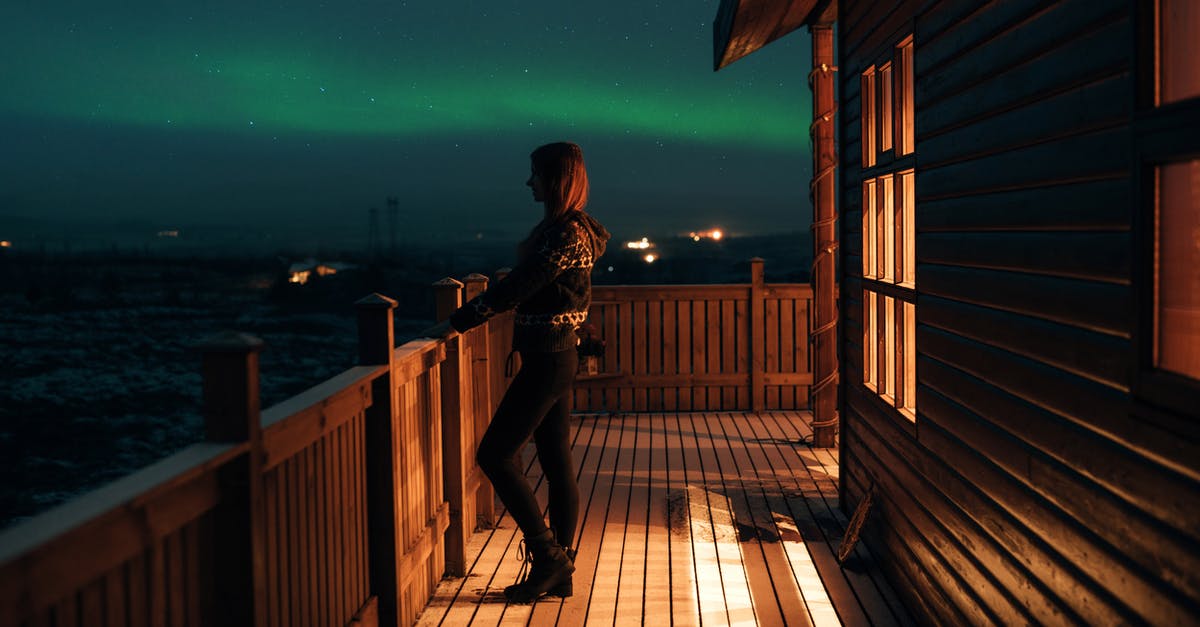Does night-driving-friendly, polarized eye-wear exist?

My objective is finding a pair of glasses that would:
- Cut the glare off
- Be clear, so that I can see things in the night
- Cover eyes from front and sides
I usually drive my vehicle in the night on longer trips, and I am terribly troubled by most of the ignorant drivers in the on-coming traffic, who never think to dim their head lights by cutting the high-beam for a while. Recently, some people have begun to modify their vehicles by adding HID lamps for high-beam as well, which gives some flash-bang effect on the other drivers eyes! I am looking for mostly-clear glass with the best possible polarization. The clearness or 'without being tinted' quality matters, since this is all about night driving. Polarization matters, since it is necessary to cut the eye burning glare of the high-beams.
Is there any optician or an expert who can help with this matter?
Best Answer
As Flimzy explains in the comments, polarised lenses won't currently help. They reduce glare specifically from sunlight that has been polarised by atmospheric conditions and (typically) by reflecting upwards off shiny surfaces like a smooth or wet road, snow, sand, etc. They don't filter regular straight-on unpolarised light from normal headlights.
That said, in a detailed report on the problem, the AAA have proposed amongst other things making headlights emit polarised light, so that polarised glasses might be used like this. Unfortunately I'm not aware of this happening in real life, it'd be a very long time before it's standard.
There is a product category, night driving glasses, which are generally tinted amber to - theoretically - reduce headlight lights while sparing other wavelengths, but they come with other disadvantages as detailed in this article which sites published research:
...in reality, when driving at night or dusk in already limited lighting conditions, ANY tint further reduces the amount of light transmitted to the eye, and consequently, further impairs vision. The problem is compounded as the yellow tint gives the wearer the impression they are seeing better, when in fact the reverse is actually true
There was a forum thread which I can't find right now discussing this, where a skeptical person was persuaded to try night driving glasses while a passenger at night, and systematically tested what difference they made - taking them on and off, using one eye with and the other without, etc. He described how, for already-bright things like white road markings illuminated by street lights, he could see why people felt such glasses were beneficial (they were actually less bright with the glasses, but contrasted more sharply against the darkened background, so appeared to be sharper) - but everything in the greys between black and white was less visible. Basically, it made everything more black-and-white - increasing the danger of not seeing a darkly-coloured poorly illuminated hazard quickly enough to react.
If you already wear glasses, there's a product category - glasses with anti-reflective coatings - that reduce the compounding effects that glasses have on night driving vision, but these are no use if you don't already wear glasses.
The best option for night time driving is a pair of spectacles with clear lenses and an AR coating. The AR coating is beneficial in two ways. First, it minimizes internal reflections within the lenses, reducing halo problems, and second, it increases the transmittance of light through the lens to the eye. However, it is important to note, if a patient does not normally wear spectacles, AR coated lenses, or any other type of night driving glasses will not improve night vision, as AR coatings only minimize aberrations that are inherent in ophthalmic lenses and night driving glasses will simply serve to introduce those abberations to the wearer's vision.
Unfortunately there doesn't seem to be much a driver can do when traveling in an area where other drivers don't dip beams. Pretty much all the AAA's suggestions were recommendations for government infrastructure (e.g. brighter street lights) or industry (e.g. different bulbs).
I'd love to be proved wrong, though... Where I currently travel (Freetown), 90%+ of drivers don't dip beams, street lights barely exist, motorbikes with no working lights at all are common, and dark-clothed people habitually run across main roads without warning... :-( Often the only way to see hazards is by spotting silouettes in the glare.
Pictures about "Does night-driving-friendly, polarized eye-wear exist?"



Can you drive at night with polarized glasses?
UV and polarized glasses usually have a yellow or blue tint to them. Headlights and streetlights are not the same as sunlight, however, and these glasses may actually be dangerous to wear at night. Polarized and darkened lenses can block out too much light at night and make it harder to see.Do polarized glasses help with night vision?
Yes, polarized glasses can help with night driving. Polarized lenses can reduce the glare of oncoming vehicles.Are there night vision driving glasses?
Night driving glasses are special glasses that may help you to see better at night while you're driving. They're usually yellow-tinted and don't need a prescription. They often have an anti-reflective coating. Some night driving glasses are also polarized.Can you drive with polarized glasses?
Polarized lenses are designed to virtually eliminate glare while also blocking harmful UV rays. Driving sunglasses with polarized lenses can eliminate glare and will help keep your vision sharp while operating a motor vehicle, bicycle, or boat in difficult lighting conditions.Do NIGHT VISION Glasses Work? - Night Driving Glasses Review
Sources: Stack Exchange - This article follows the attribution requirements of Stack Exchange and is licensed under CC BY-SA 3.0.
Images: Edward Jenner, ArtHouse Studio, Andrea Piacquadio, Darina Belonogova
